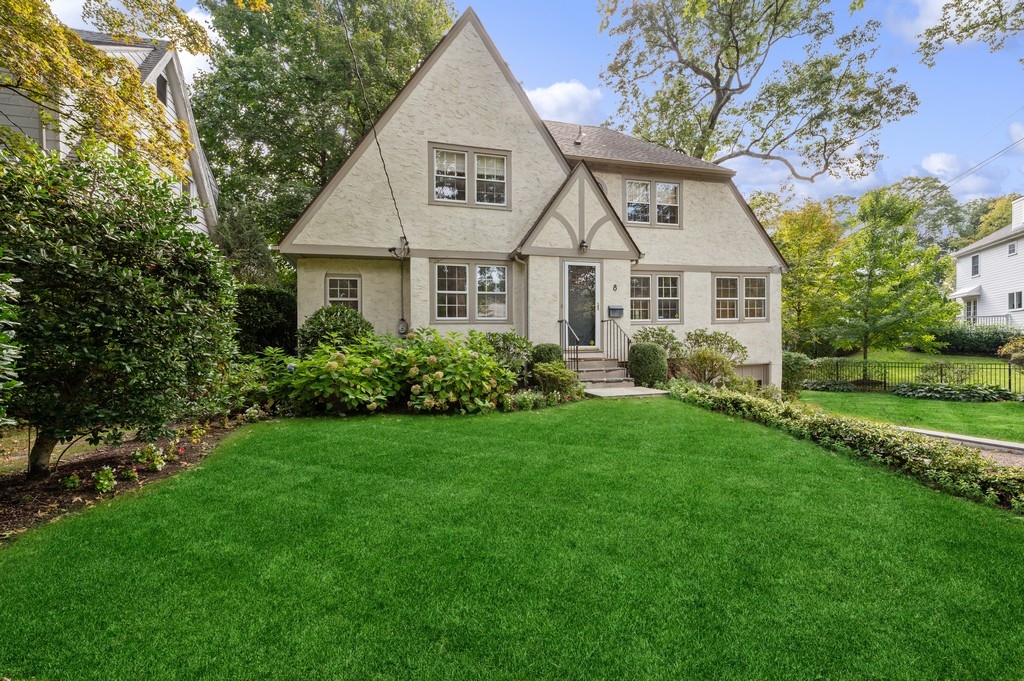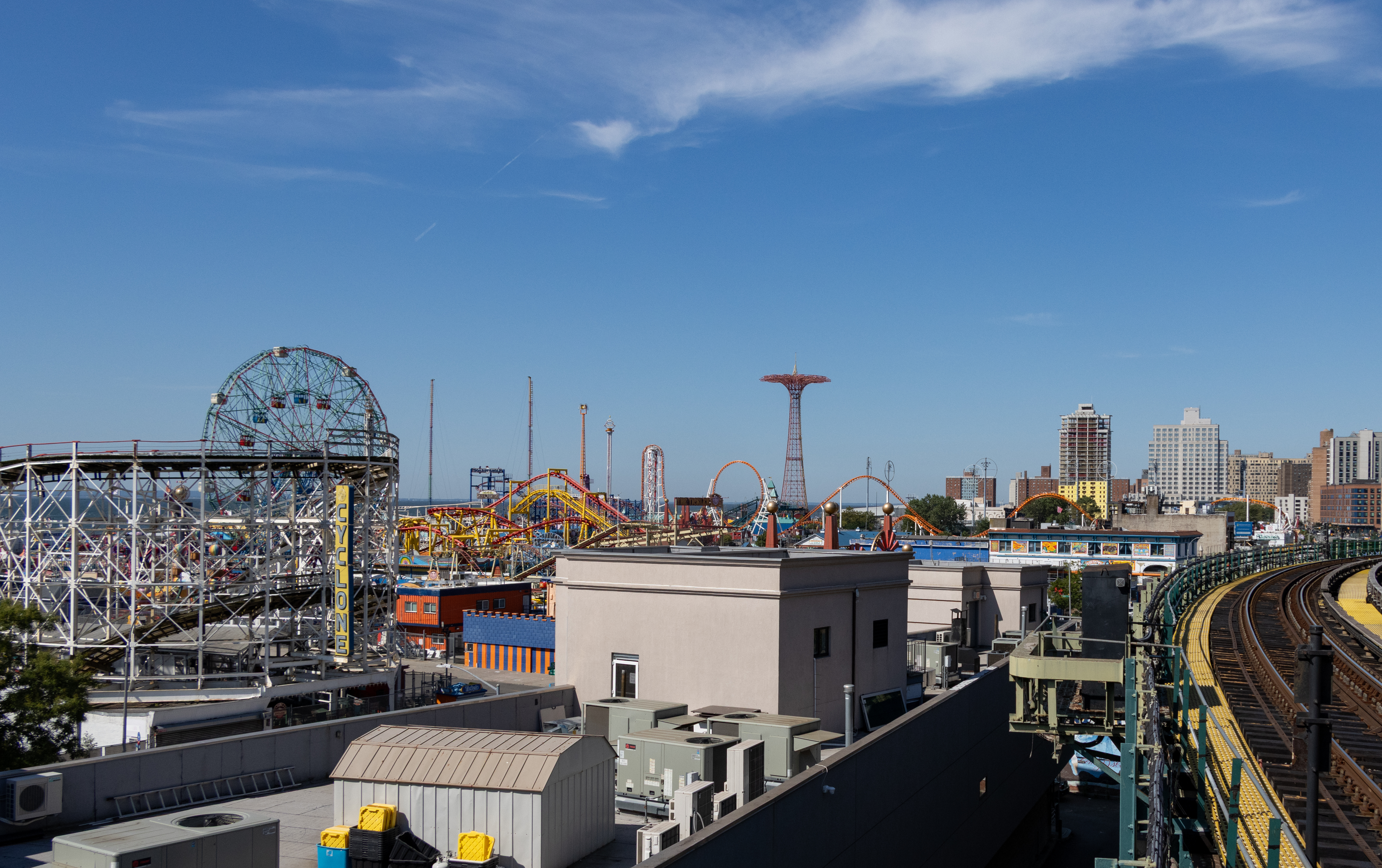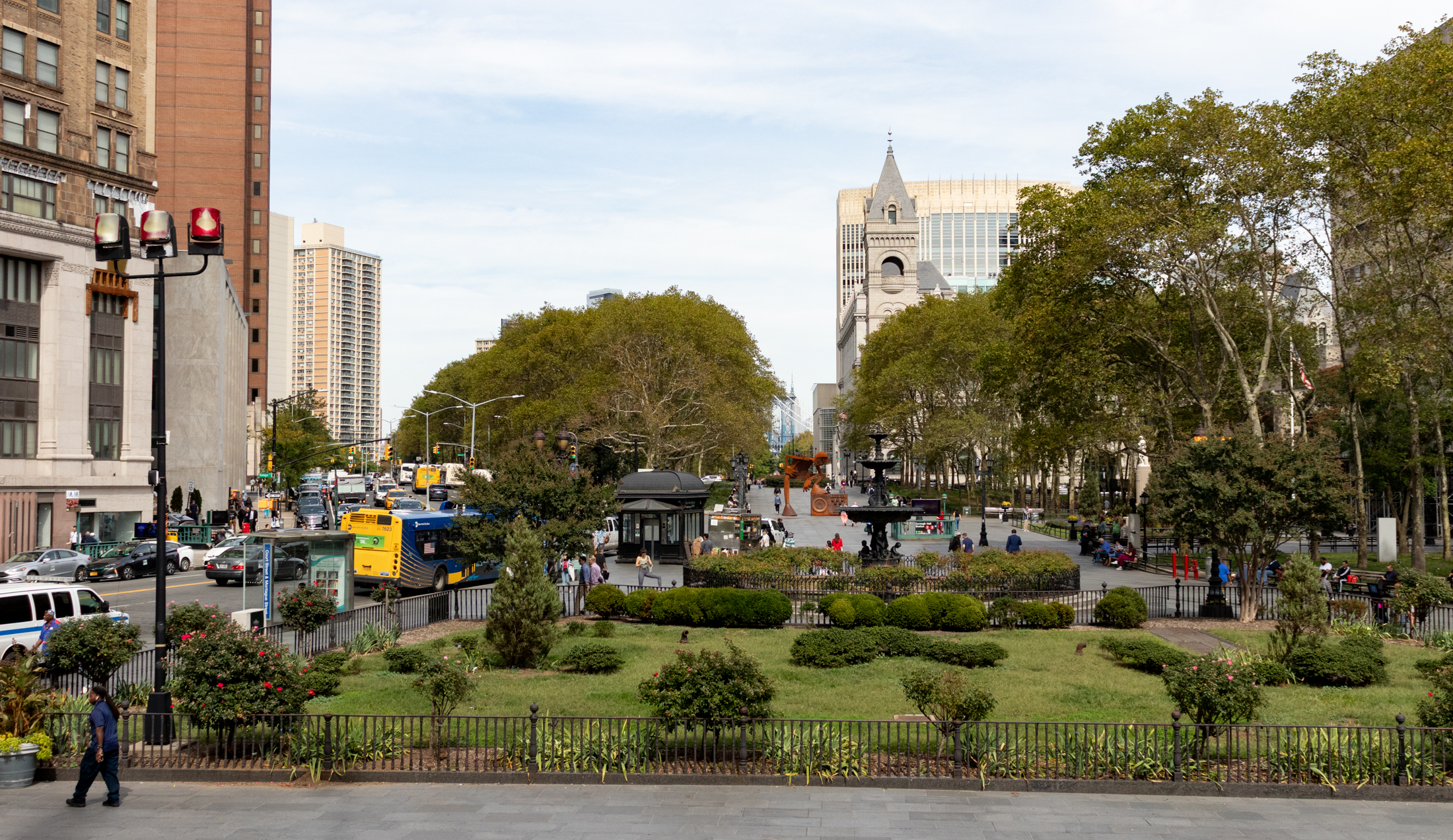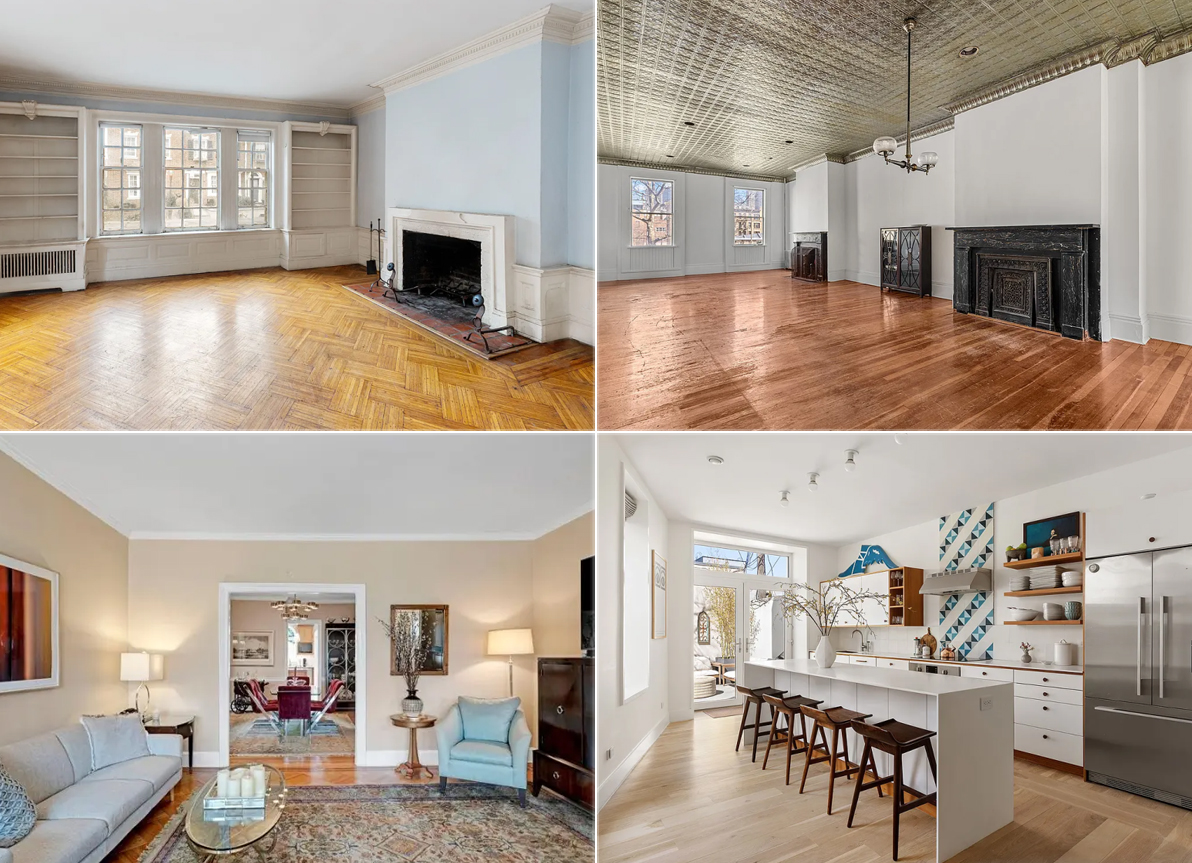Future of Fulton Mall Crystalizes Race Issues
NY Observer writer Matthew Schuerman, who also contributes much of The Real Estate, had a piece in the paper last week that spoke with unusual frankness about the issue of race in the borough’s process of gentrification and commercial revitalization. The future of the Fulton Mall, he points out, is forcing these issues out on…


NY Observer writer Matthew Schuerman, who also contributes much of The Real Estate, had a piece in the paper last week that spoke with unusual frankness about the issue of race in the borough’s process of gentrification and commercial revitalization. The future of the Fulton Mall, he points out, is forcing these issues out on the table. There is a lot of pressure from business leaders and residents of neighboring Brownstone Brooklyn to “improve” the mall–despite the fact that it commands some of the highest retail rents in the city and draws heavy foot traffic in its current state. At the same time, however, side streets are deserted and the upper floors of many of the historic buildings are underutilized as well. Community planners and landlords are confronting the reality that it’s going to be hard to attract cute cafes to those side streets and young professionals to buy lofts in an area whose anchor tenants include a “forlorn Macy’s, a Conway, three Payless Shoe Sources, two Foot Lockers and a Kids Foot Locker.” And forget about Class A office tenants: “It’s hard to lure Fortune 500 companies to downtown Brooklyn with people selling penis-engraved tooth caps next door,” writes Schuerman. Indeed. What to do?
Fulton Mall Fights for Existence [NY Observer]
Upscale Lofts in Mall’s Future [Brownstoner]





One reason many upper floors are underutilized could be that any tenant improvements would require bringing the spaces (and thier egress issues) up to code. That means big money and having to take additional space away from the ground floor for the additional fire stairs etc. For spaces which get a fraction of the rents of ground floor spaces.
BTW, Umar, I said those other areas were self-sustaining RESIDENTIAL areas, which Fulton Mall is not. As such, they already have a diversity of shopping choices, including grocery stores, laundries, and dry cleaners.
And I agree with you about the South Street Seaport, which, I’ve heard, is actually an economic failure — NYers don’t go there, beyond the Wall St lunch crowd, and the tourists who do, don’t spend enough money.
Also, the whole issue about closing up access to upper floors sounds like some type of DOB violation or zoning problem. It seems that should be fairly easy to clear up — start fining the landlords who have boarded up access to the top floors, and then see if the free market will work to fill out the office space.
Might I also add that another reason Fulton Mall has always been a working class shopping district is that it is accessible by almost every single subway and bus line, thereby enabling the entire borough to shop there by public transportation. By definition, more upscale people are a smaller group, are more likely to have cars, and are more able to shop in Manhattan, or at malls and shopping outside of the city. Those who have advocated sticking the merchants of Fulton Mall out in the boonies to get rid of “those people”, and bring in a better crowd, are not only elitist and racist, but unrealistic as well. It may get a Starbucks someday, but Fulton Mall will never be the Mall at Short Hills. Good!
Christopher, why should people be selfish.
Why should someone not want the quality of life to improve. People should be more altruistic and less selfish.
i visit this site often, i am a native new yorker, and was born and raised in brooklyn. fulton street has always been in my life, good, bad or indifferent. it is what it is. would i like macys to step up their game: yes. i would i like more diversity as far as shops goes: yes. do i want it to resemble manhattan: no. brooklyn has always been a mecca on its own…and if those moving in can’t relate then maybe you should reconsider your move and stop pretending “you” and “your money” can make things better.
Unfortunately all these theories neglect basic human traits such as racism, xenophobia, and jealousy, thinking that the almighty dollar (or whatever currency you like) will heal all ills.
It just isn’t so. A fully deregulated market economy may work in a completely homogenous population, but it won’t work under current conditions. Are these conditions the result of a regulated economy in the past? Perhaps, but actually, the government interfered far less in the economy during the time of the slave trade, for example.
So, instead of interfering and ending slavery, the government should have maintained a “hands off” posture and let it die off of its own accord, which it would have, due to declining profitablility of the plantation system in the face of the industrial revolution.
And then the remaining black people would automatically have become the full equals of their former white masters and everything would have been wonderful because the market would have made sure of that.
Yes.
Well said, anon 1:52.
Does anyone know why the upper floors of most of these buildings are empty?
Is there any legal or regulatory barrier to opening them up or is just economics?
Amazing and sad how discussions of race, class and economics can bring out the true divisions in this enlightened society.
I’ve lived in Bklyn for over 20 years, and I remember when they totally redid Fulton Mall in the late 70’s. They widened the sidewalks, closed the street to all traffic except buses, put in new street lights, those signs with the time and temp, and other mall like “improvements”. At that time, there were many more large department and five and dime stores, including May’s, McCrory’s, Wertheimer’s and a few more that I can’t remember. They have all been replaced by smaller subdivided spaces on both sides of the street. A&S (now Macy’s) was always the anchor of the area. It was also a better run store, had better merchandise, and a more professional manner. They even had a decent restaurant on the 4th floor. (God, I feel old!)
Fulton Street has always been a working class shopping district. The demographics have just changed into a mostly black and Hispanic shopper. The shops are only catering to the lowest common demominator as far as goods and services, and that is the rub. My family, neighbors and friends have always complained to merchants about the lack of cleanliness, order and the kinds of merchandise they have. They don’t change because they don’t have to, and to a great degree, because they have no respect for their customers at all, and regard most of us, unless they know us, as potential thieves. Unfortunately it is an unending circle, because there is no incentive to make anything better, and in spite of the shoplifting, dirt, shoddy merchandise, etc, the majority of Fulton St. merchants are still making a pile of money from the very people they distrust and have no respect for. Much more money than they would make from yuppies. More people buy cheap goods, including yuppies, than upscale goods.